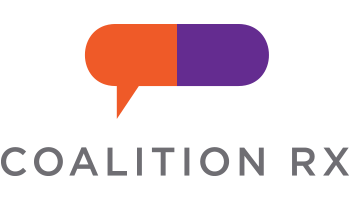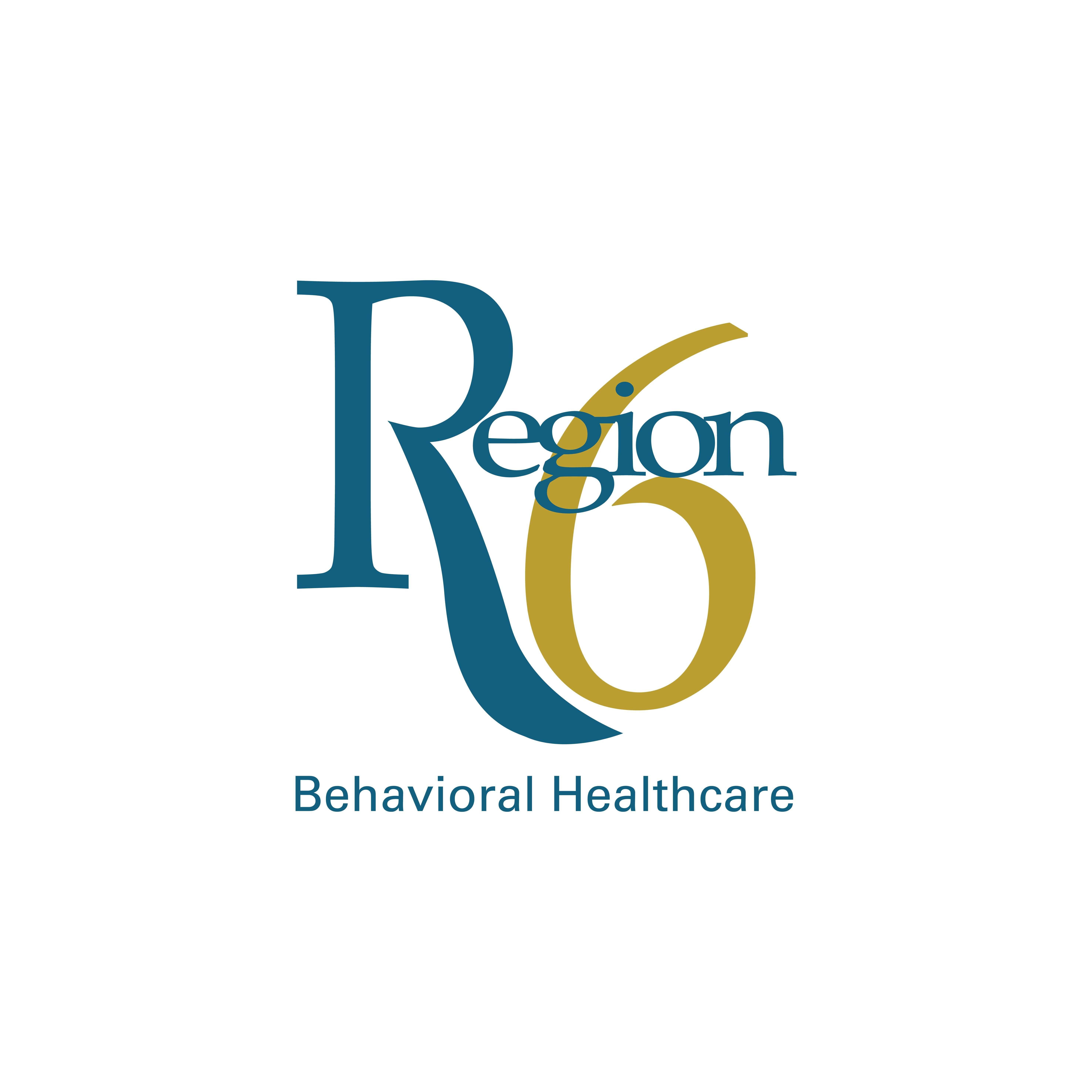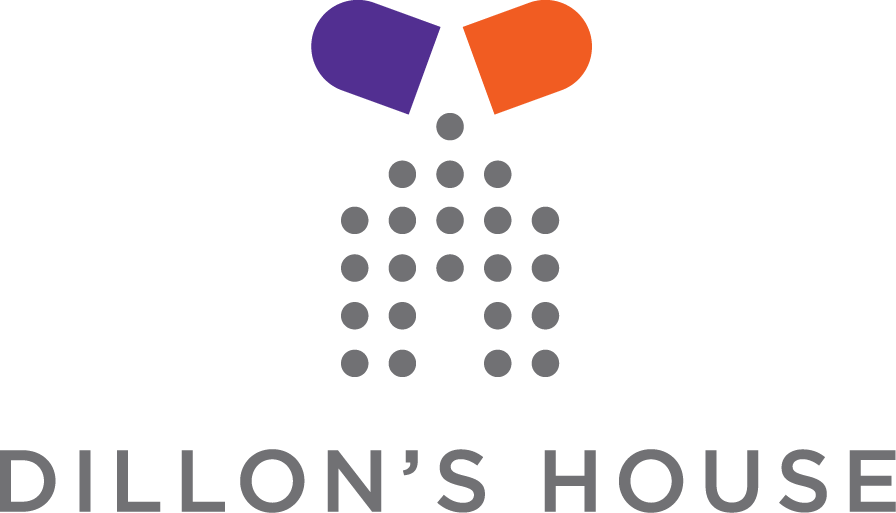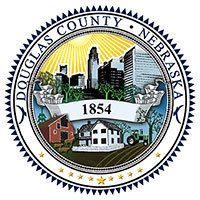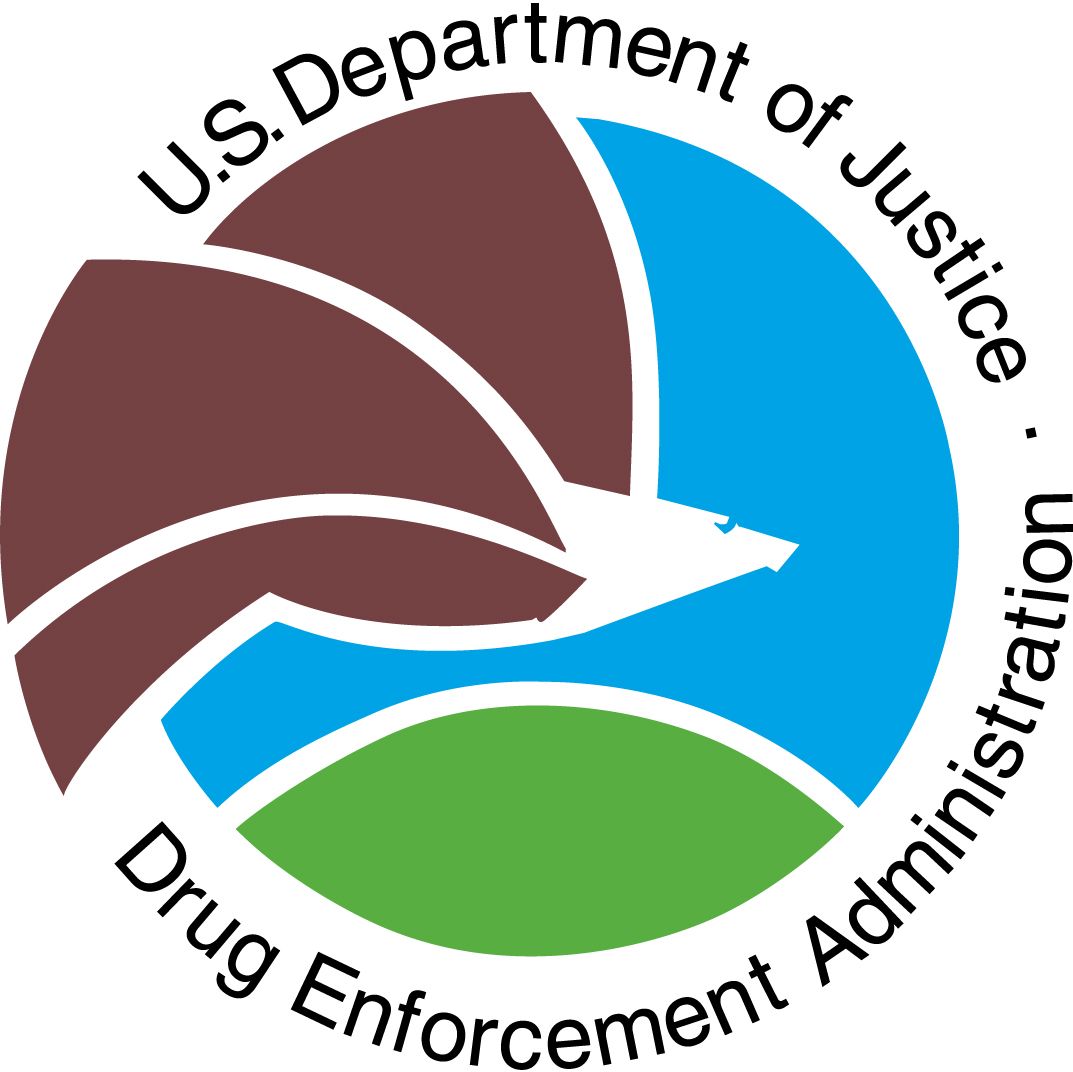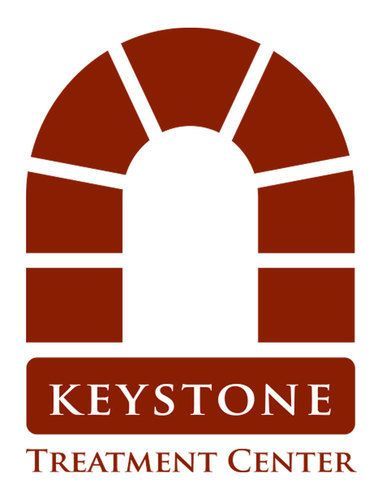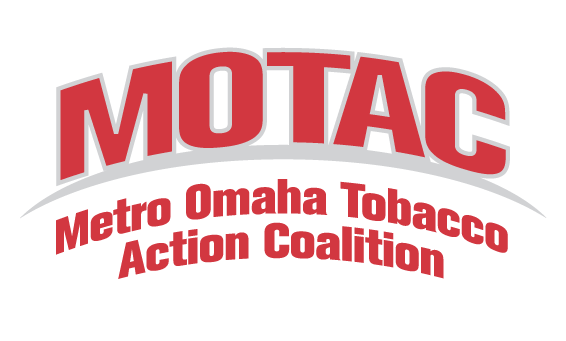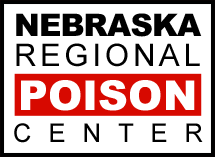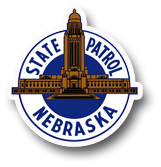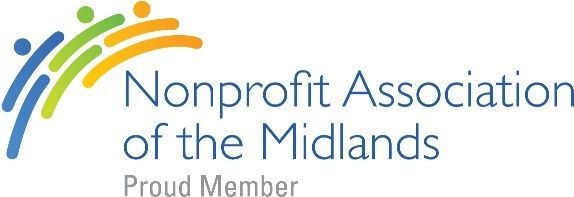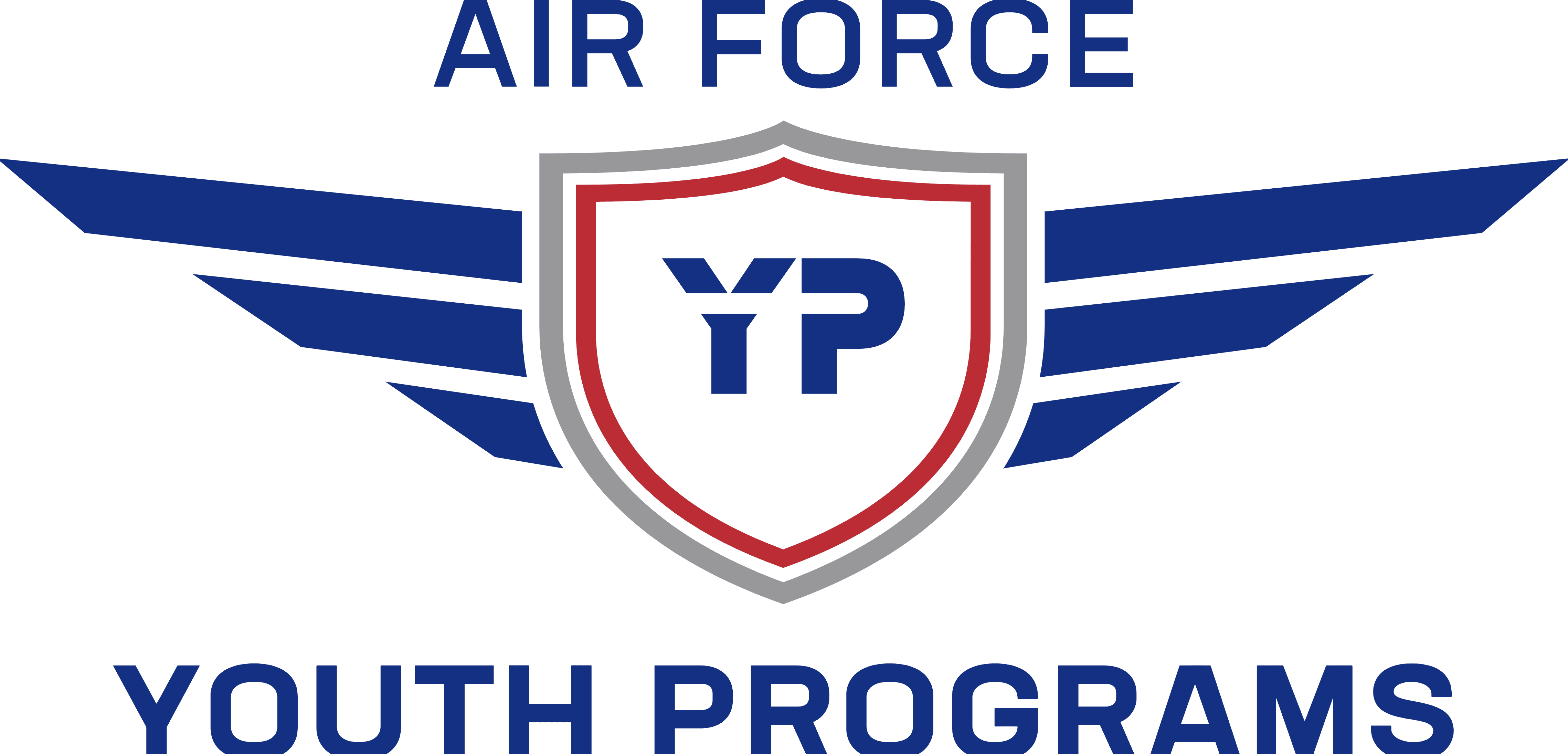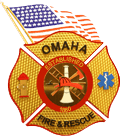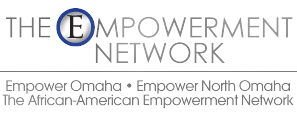What is an "OFR" Team?
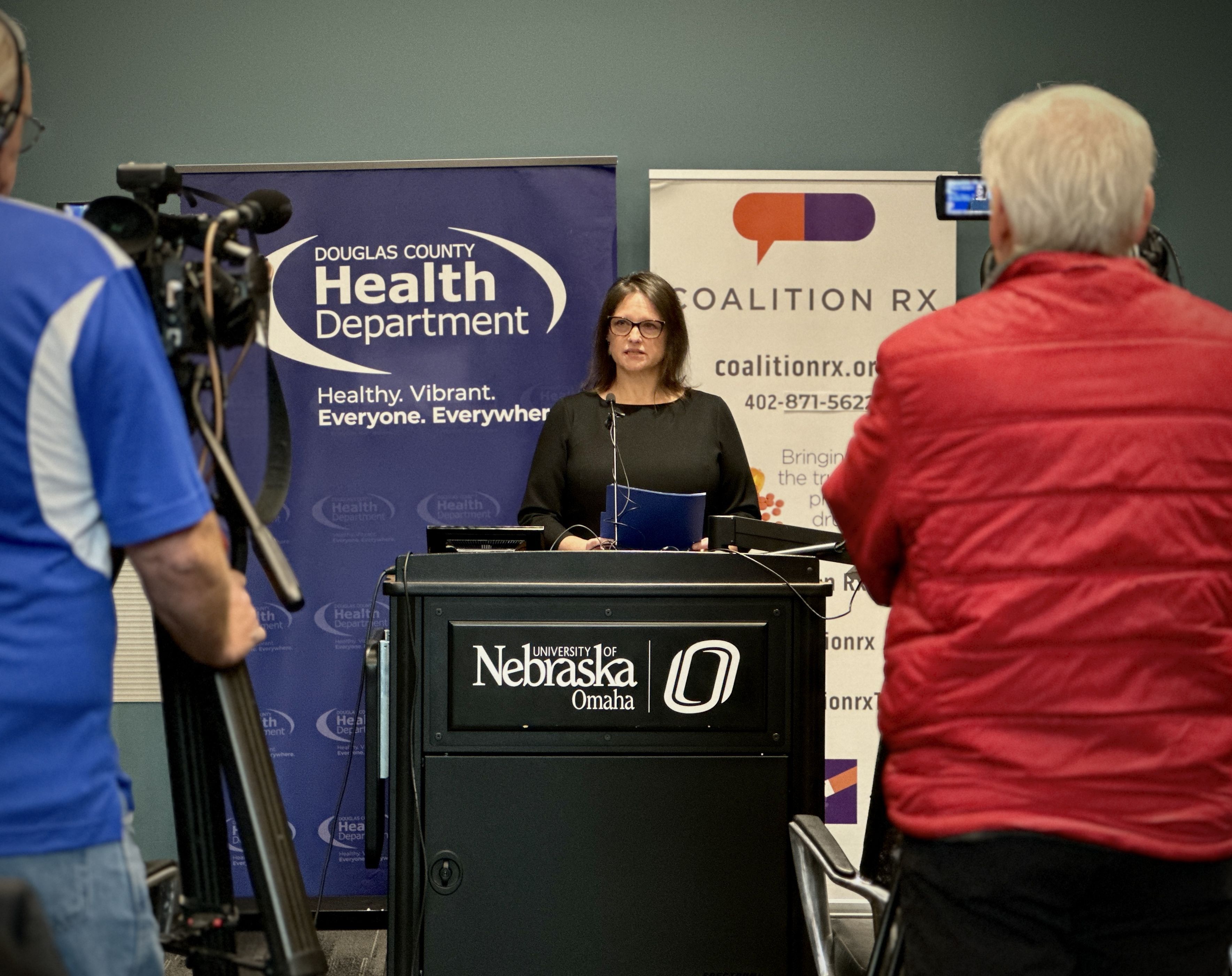
An Overdose Fatality Review (OFR) team is a multidisciplinary group of professionals dedicated to examining individual overdose death cases within a specific community or region. The primary aim of the OFR team is to identify missed opportunities for intervention, enhance local responses to overdoses, and ultimately reduce future fatalities.
To address this pressing issue, Coalition Rx and the Douglas County Health Department have partnered to create the Douglas County Overdose Fatality Review Team. This collaborative initiative brings together experts from various fields, reflecting a growing trend in public health responses to the overdose crisis. The Douglas County OFR team focuses on identifying systemic gaps, improving coordination among local agencies, and developing practical solutions to prevent future overdoses.
Through thorough reviews of overdose cases, the team can analyze patterns, pinpoint risk factors, and recommend changes to policies and programs. Their ultimate goal is to strengthen the community's response to substance use disorders and save lives through data-driven interventions, evidence-based strategies and coordinated efforts.
The key elements of an OFR team:
Composition: These teams typically include representatives from public health, law enforcement, emergency medical services, the medical community (e.g., medical examiners), substance use treatment providers, social services, and community organizations.
Case Review: The team reviews specific overdose fatalities to gather information about the decedent’s history, and interactions with the healthcare system, law enforcement, and other services. They look for patterns or gaps in the system that contributed to the overdose and ways in which strategies could have been put in place to help prevent this from happening.
Goal: The primary objective is to understand the circumstances that led to the overdose and use that information to develop strategies to prevent similar deaths. This can involve recommending changes to local policies, improving communication between agencies, or developing new community programs.
Collaboration: By working together, professionals from different sectors can share insights, uncover systemic issues, and create more comprehensive prevention strategies.
OFR teams are part of a broader public health approach to address the opioid crisis and substance use disorders by learning from each case and strengthening the community’s response. By working together as a community, we can break the stigma surrounding substance use disorders, challenge harmful patterns, and create a supportive environment that encourages recovery and healing for all individuals affected.
